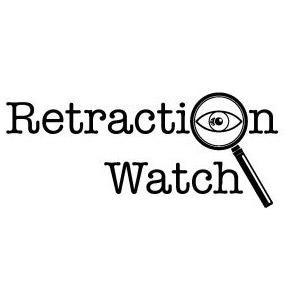
A researcher at the University of Cambridge has had two papers subjected to expressions of concern by the editors of PLOS ONE for image problems.
The expressions of concern for “The Coordination of Cell Growth during Fission Yeast Mating Requires Ras1-GTP Hydrolysis” and “The Role of the RACK1 Ortholog Cpc2p in Modulating Pheromone-Induced Cell Cycle Arrest in Fission Yeast” are extensive. They both refer to multiple “discontinuities,” “similarities,” and other issues.
The common author on the two papers is Graham Ladds, who told Retraction Watch that no other papers would be affected. He said that
Continue reading ‘Exceptionally silly mistakes’: PLOS ONE flags two papers by Cambridge researcher for image issues





